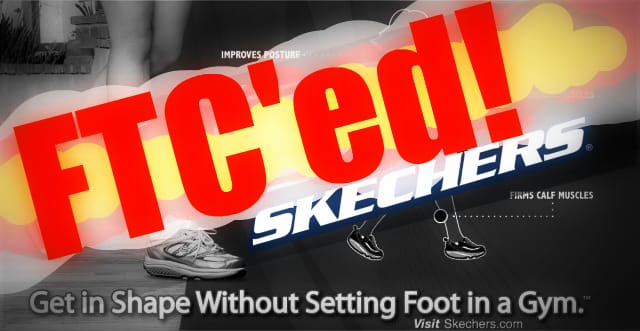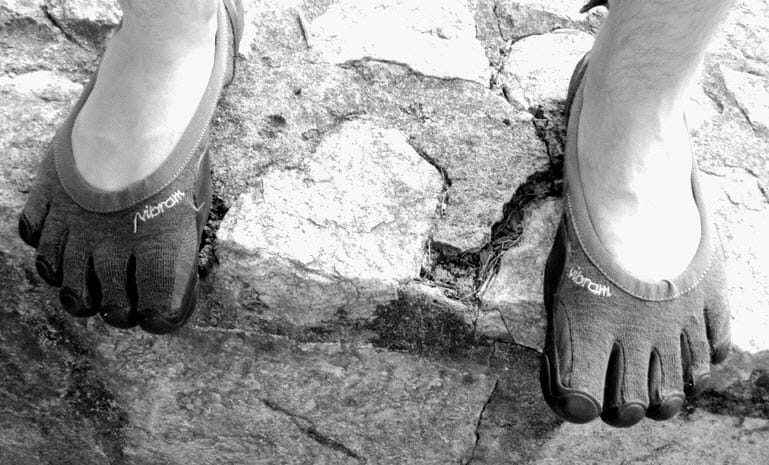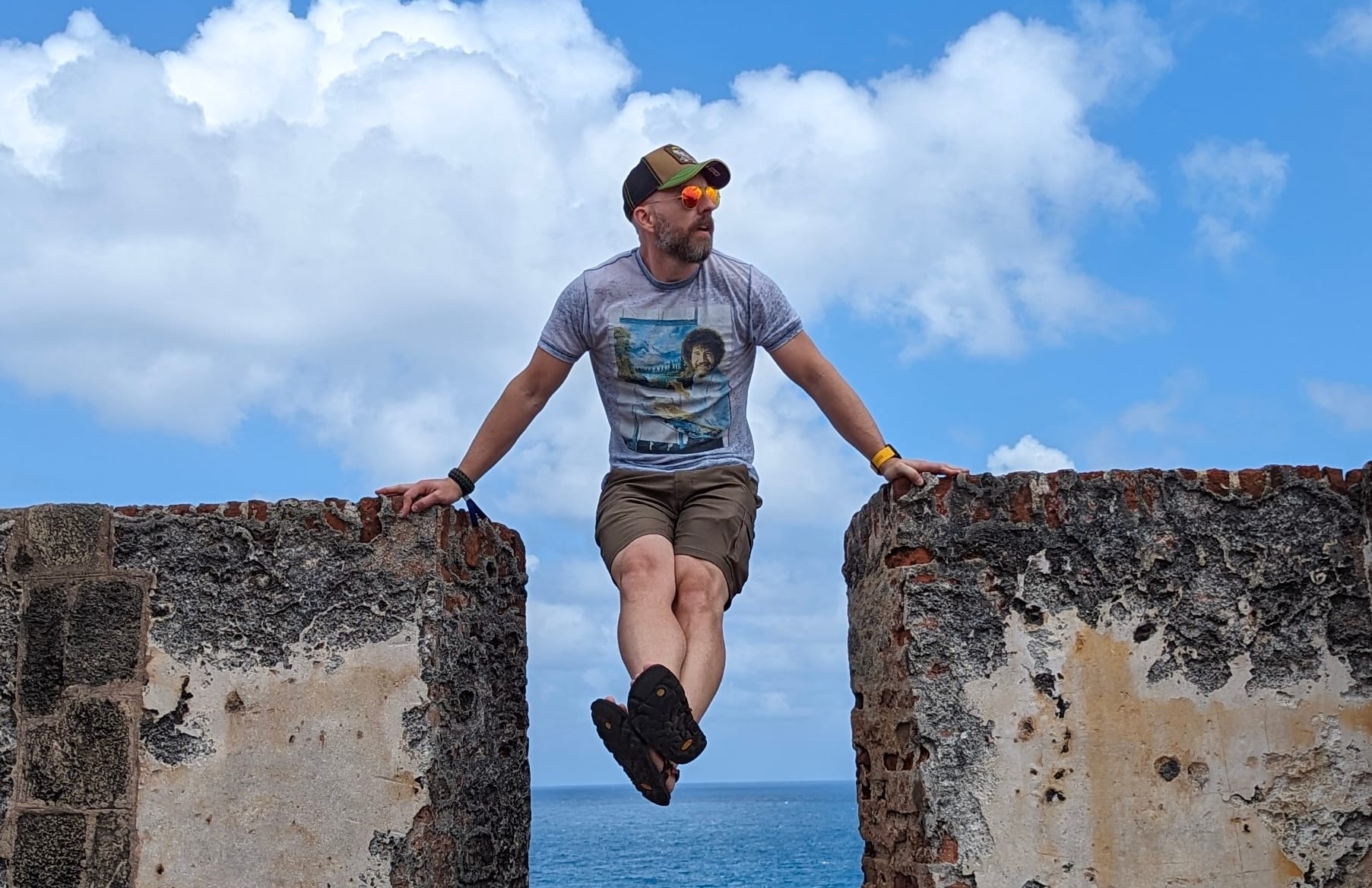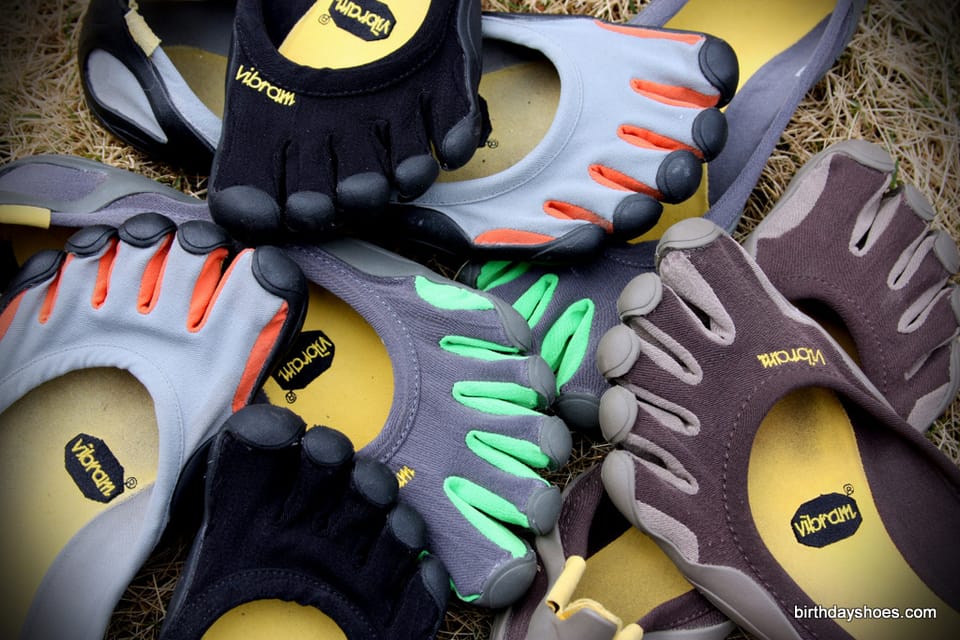Skechers Forks Over Forty Million for Shape-Ups Deceptive Advertising Claims
There's one website you don't want a vanity URL on — the FTC's. If you hop over to www.ftc.gov/skechers you'll find the following message: Did you buy Skechers Shape-ups, Resistance Runner, Toners, or Tone-ups shoes? You may be eligible for…

If there's one website you don't want a vanity URL on (e.g. facebook.com/birthdayshoes) — it's the FTC's. Hop over to www.ftc.gov/skechers and you'll find the following message:
You may be eligible for a refund.
The Federal Trade Commission, the nation's consumer protection agency, charged Skechers with making unfounded claims that its Shape-ups and other "toning shoes" would help people lose weight and tone their buttocks, legs, and abdominal muscles.
To settle the case, Skechers USA has agreed to pay $40 million to provide refunds to people who bought Skechers toning shoes.
Ouch!
Yep, it seems that Skechers was next in the FTC's line after Reebok's $25 million penalty over their EasyTone claims delivered back in September of 2011.
You can read all about the FTC's slapdown on Skechers here. For a particularly snarky quote from that FTC post, check this:
“Skechers’ unfounded claims went beyond stronger and more toned muscles. The company even made claims about weight loss and cardiovascular health,” said David Vladeck, Director of the FTC’s Bureau of Consumer Protection. “The FTC’s message, for Skechers and other national advertisers, is to shape up your substantiation or tone down your claims.”
"Shape up or tone down"? Zing! Really, I can't blame the FTC for including such punny goodness? That's gonna leave a mark.
But in all seriousness, what does this settlement mean? Well, apparently most of the millions forked over by Skechers will end up in the hands of Shape-Ups consumers who were "duped" by the deceptive advertising claims of Skechers. What claims, exactly, did Skechers make? Per the FTC:
- A Shape-ups ad telling consumers to “Shape Up While You Walk,” and “Get in Shape without Setting Foot in a Gym,” and claiming that the shoes are designed to promote weight loss and tone muscles. The FTC alleges that Skechers made unsupported claims that Shape-ups would provide more weight loss, and more muscle toning and strengthening than regular fitness shoes.
- Shape-ups ads with an endorsement from a chiropractor named Dr. Steven Gautreau, who recommended the product based on the results of an “independent” clinical study he conducted that tested the shoes’ benefits compared to those provided by regular fitness shoes. The FTC alleges that this study did not produce the results claimed in the ad, that Skechers failed to disclose that Dr. Gautreau is married to a Skechers marketing executive, and that Skechers paid Dr. Gautreau to conduct the study.
- Shape-ups ads featuring celebrities including Kim Kardashian and Brooke Burke. Airing during the 2011 Super Bowl, the Kardashian ad showed her dumping her personal trainer for a pair of Shape-ups. The Burke ad told consumers that the newest way to burn calories and tone and strengthen muscles was to tie their Shape-ups shoe laces.
- An ad that claims consumers who wear Resistance Runner shoes will increase “muscle activation” by up to 85 percent for posture-related muscles, 71 percent for one of the muscles in the buttocks, and 68 percent for calf muscles, compared to wearing regular running shoes. The FTC alleges that in citing the study that claimed to back this up, Skechers cherry-picked results and failed to substantiate its ad claims.
Sounds reasonable enough, right? Well, it all depends on your perspective. Should consumers be protected from their own willingness to be sold? Are we mere leaves blown 'round by the (marketing) powers that be?
What do we make of this?
You'll recall Vibram is being sued in a class action lawsuit over claims around barefoot running and FiveFingers. What's with this trend of going after footwear manufacturers regarding claims about shoes?
Many readers might fist-pump over Skechers Shape-Ups getting nailed here — the gut-reaction-thought being something like, "A thickly cushioned roller shoe is supposed to help you burn calories and get in shape? Puh-lease! Skechers deserves to be called to task for selling such nonsense!"
But should they? If some of their marketing seemed so obviously false to you, why wasn't it obviously false to others? What duty do we have as consumers to be skeptics? Take ownership over our own decisions?
Marketing claims paint the world in black and white when things are nuanced and complicated. So when Reebok talks about their Realflex being "natural running perfected," well, my skepti-dar goes off — does yours?
Are we all so ready to be sold that we'll happily adopt anything as truth that we just want to believe?
In the case of the Shape-Ups, I always found it incredibly frustrating to see unhealthy people walking around in shoes that supposedly will help slim them down when I know from personal experience that it takes putting in a serious, day-in-and-day-out intelligent, nuanced, and customized-for-me effort to get in or stay in shape (If you're hunting for a place to start this kind of process, you could do a lot worse than head here). It's like watching someone talking about diet while eating a salad covered in soybean oil and downing a Gatorade. I want to (non-judgmentally as I can) scream, "You're doing it wrong!"
Taking responsibility.
The ultimate question in these cases is this: is it the responsibility of manufacturers to prove beyond a shadow of a doubt whatever claims they make about their products? Or is it the responsibility of the consumer to vet such claims against their own experience — their inner skeptic?
Personally, I think the weight of responsibility sits more squarely on the shoulders of individuals when it comes to being skeptical about the claims of third parties — be they friends, blogs, companies, or whatever. So while I cringe about black and white marketing that can play fast-and-loose with studies and "science" supporting this or that, I still think it's up to individuals to take personal responsibility.
The barefoot perspective.
Really, that's a very "barefoot" perspective on the matter, if you ask me. What is barefoot-powered running, walking, and movement but dialing up feedback from the ground and using that data to educate your form? It's this reason why true barefooted running is so often cited as being so fundamentally important to learn how to run light and with low impact. It's because 99% of us don't have the option of having a third party coaching our form, but we do have incredibly sensitive feet that can feel their way into teaching us what hurts, what feels right, and what works. In other words, barefoot is about putting yourself in the driver's seat of how you run/walk/whatever — it's not about outsourcing that responsibility to another person or some mass-produced, sensory-dampening, cushioned, supportive, or otherwise biomechanics-affecting footwear! Barefoot is about your naked feet — and anything that gets in between your feet and the ground is not "barefoot."
You can't get any more bottom line than that. Alas, I'm (probably) preaching to the choir, here.
Human beings are better served taking responsibility for their decisions. And that means that while I don't mind chiding a company for over-the-top, ridiculous marketing, I'm also not going to insist in the same breath that if I buy into their hype and it's false, I should be somehow given a mulligan on the exchange and hold them responsible. This is because I expect people to embellish the truth, exaggerate at times, and other times outright lie. And while deceiving people is not right, ownership over determining what is or isn't true is better placed on the shoulders of the individual.
Sometimes we have to be put in an uncomfortable position to learn. Sometimes it's going to hurt. It's a barefoot life.




